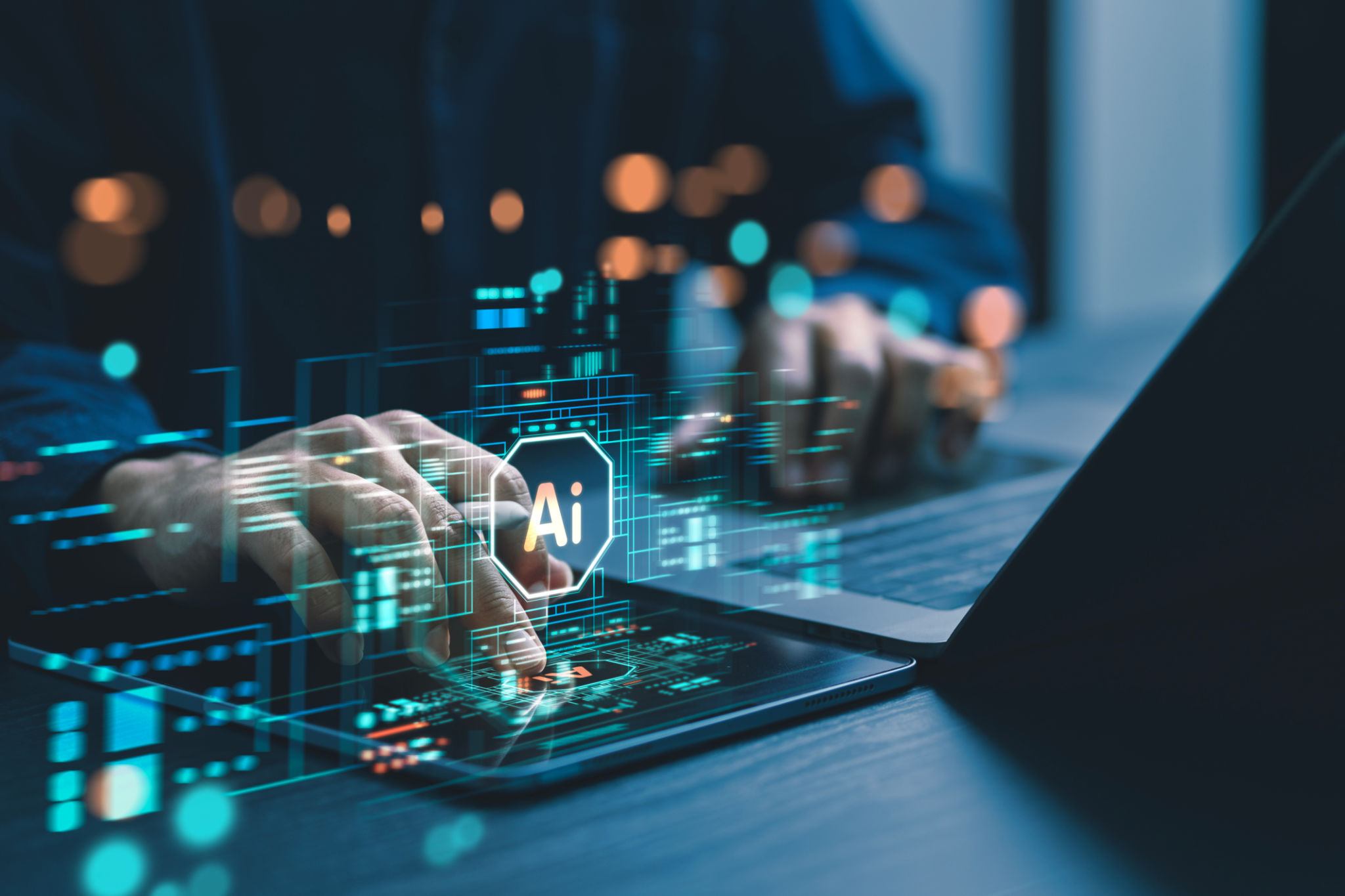Top Myths About Legal Artificial Intelligence Debunked
Understanding Legal AI: Debunking Common Myths
The advent of artificial intelligence (AI) in the legal field has brought about significant changes, yet it also raises concerns and misconceptions. Many believe that AI might replace legal professionals, but this is far from reality. Let's dissect some common myths about legal AI and uncover the truth behind them.

Myth 1: AI Will Replace Lawyers
One of the most prevalent myths is that AI will replace lawyers entirely. While AI can automate repetitive tasks and enhance efficiency, it is not designed to replace human judgment and expertise. Legal professionals possess critical thinking skills and emotional intelligence that AI cannot replicate. Instead, AI serves as a tool to assist lawyers in focusing more on complex tasks that require human intuition.
Myth 2: AI Is Too Complex for Legal Use
Some believe that AI technology is too complex for practical application in the legal field. However, many AI tools are developed with user-friendly interfaces that require minimal technical knowledge. These tools are designed to simplify processes such as document review and legal research, making them accessible even to those without a tech background.

Myth 3: AI Is Error-Free
Another misconception is that AI systems are infallible. The reality is that AI, like any tool, is only as good as its programming and data input. Legal professionals must still oversee AI operations to ensure accuracy and contextual understanding. Human oversight remains crucial to catch any errors that AI might overlook.
Myth 4: AI Lacks Ethical Considerations
A common concern is that AI lacks ethical considerations and could make biased decisions. However, ethical AI development is a priority in the legal industry, with ongoing efforts to address biases in algorithms. Legal professionals can work alongside AI developers to ensure that ethical standards are upheld in AI applications.

Myth 5: Implementing AI Is Costly
There is a perception that implementing AI solutions is prohibitively expensive for law firms. In reality, while initial investments may be required, the long-term benefits often outweigh the costs. AI can streamline operations, reduce costs associated with manual labor, and improve overall efficiency, leading to cost savings over time.
The Future of Legal AI
The integration of AI in the legal realm offers exciting possibilities for the future. As technology continues to evolve, so will the capabilities of legal AI tools. It is essential for legal professionals to stay informed and adapt to these changes, leveraging AI to enhance their practice while dispelling myths and misconceptions.
By understanding these myths and realities about legal AI, law firms can make informed decisions about integrating technology into their practice. Embracing AI not only improves efficiency but also empowers legal professionals to deliver better services to their clients.
